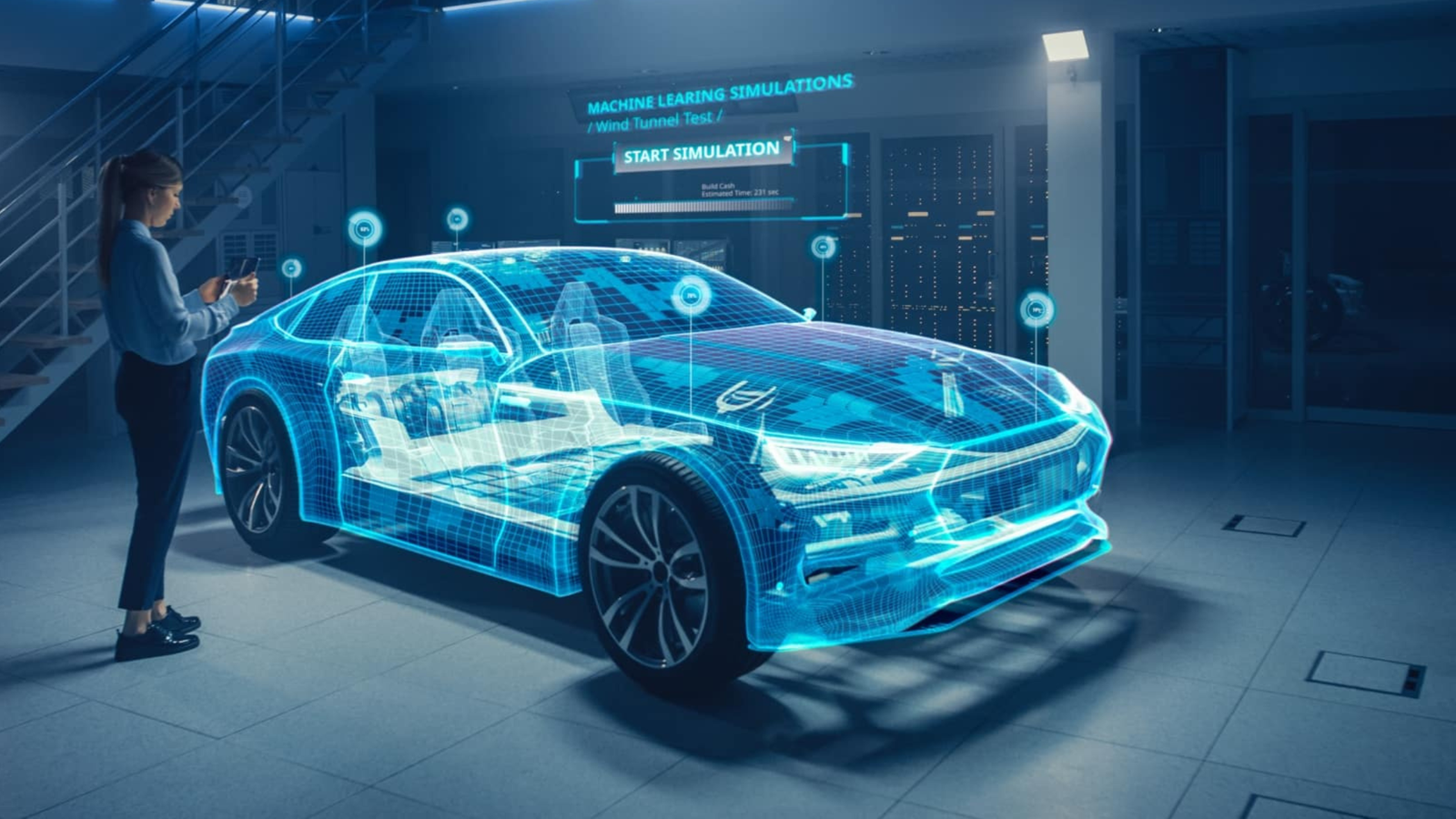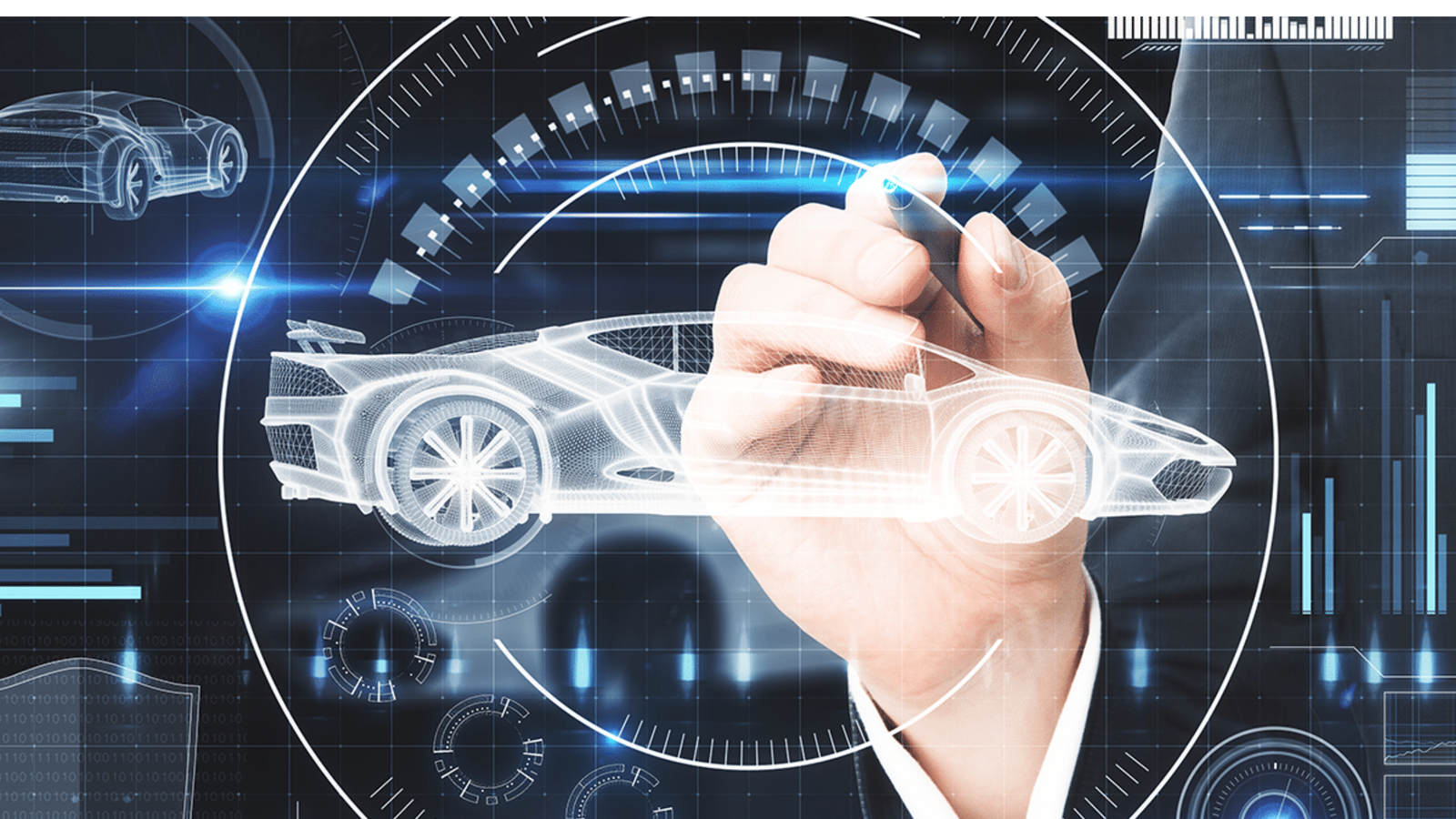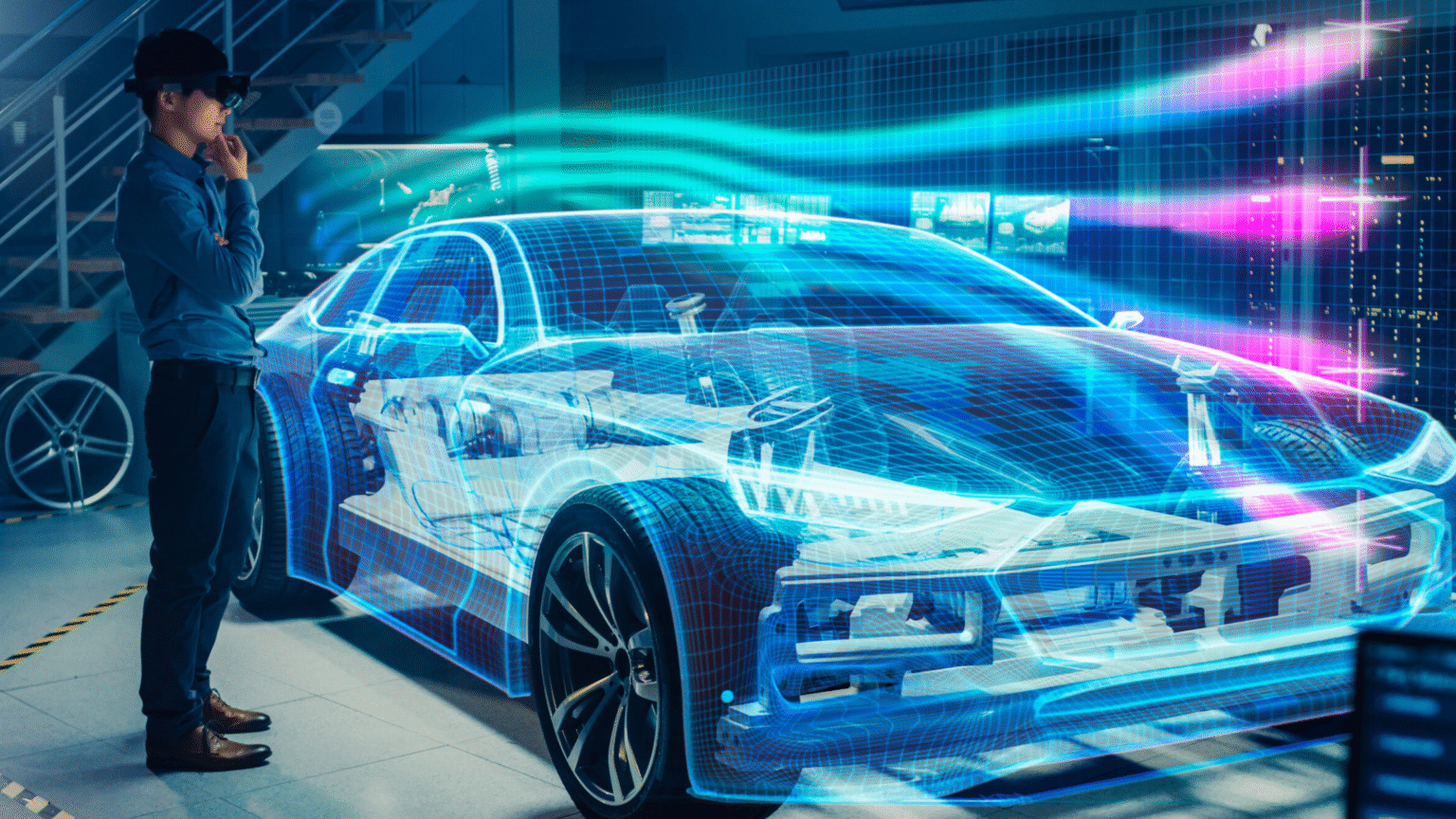The automotive industry is undergoing a technological revolution that’s changing the way we drive, connect, and interact with vehicles. As we navigate through 2025, the latest car technology innovations are smarter, safer, and more sustainable than ever. From AI-powered infotainment systems to autonomous driving and vehicle-to-everything (V2X) communication, car technology is not just a luxury—it’s fast becoming a necessity.
In this in-depth guide, we’ll explore the latest car technology trends that are dominating 2025 and how they are transforming the driving experience for users across the globe.

Table of Contents
-
Introduction to Latest Car Technology
-
Top 10 Latest Car Technology Trends in 2025
-
Pricing Overview of Tech-Enabled Cars
-
The Role of AI and Machine Learning
-
Impact on Safety, Comfort, and Efficiency
-
Future Outlook: What to Expect Beyond 2025
-
Conclusion
1. Introduction to Latest Car Technology
The phrase “latest car technology” refers to cutting-edge features, systems, and solutions integrated into modern vehicles to enhance performance, safety, comfort, and connectivity. These technologies are not just restricted to luxury cars anymore. From electric hatchbacks to full-size SUVs, automakers are integrating futuristic innovations across all segments.
Whether you’re a car enthusiast, a tech buff, or an everyday driver, understanding the latest car technology can help you make informed purchasing decisions and elevate your driving experience.
2. Top 10 Latest Car Technology Trends in 2025
1. Autonomous Driving Advancements
The latest car technology in autonomous driving has reached Level 4 in some urban areas. Cars can now drive without human intervention under specific conditions. Brands like Tesla, BMW, and Mercedes-Benz are leading the charge in semi-autonomous driving technology.
Features include:
-
Self-parking
-
Adaptive cruise control
-
Lane-keeping assistance
2. Artificial Intelligence (AI) Integration
AI is now deeply embedded into car infotainment systems and driver-assist features. It personalizes the in-car experience by learning driver habits, adjusting cabin settings, and even predicting route preferences.
3. Over-the-Air (OTA) Software Updates
Forget the garage. The latest car technology includes OTA updates that allow car software to be upgraded remotely—just like your smartphone. This reduces maintenance visits and keeps your car future-ready.
4. Biometric Access and Start
Biometric systems now enable fingerprint ignition, facial recognition access, and heartbeat detection to monitor driver fatigue. This not only enhances security but also personalizes the user experience.
5. Electric Vehicle (EV) Battery Innovations
Battery ranges are extending to over 600 miles on a single charge, thanks to advances in solid-state batteries. Charging times are also reduced to under 10 minutes using 800V architecture.
6. Vehicle-to-Everything (V2X) Communication
This game-changing latest car technology enables vehicles to communicate with traffic signals, pedestrians, other vehicles, and even infrastructure. The result? Reduced accidents and traffic jams.
7. AR Windshields and HUDs
Augmented reality head-up displays now project navigation, speed, and hazard warnings directly on the windshield, minimizing driver distraction.
8. Connected Car Ecosystems
Connected car platforms link your vehicle to smart homes, mobile apps, cloud services, and even health monitors. Alexa, Google Assistant, and Siri are now standard in many new models.
9. Next-Gen Infotainment Systems
Touchless gesture controls, AI voice assistants, and curved OLED displays define the latest car technology in infotainment. The interior now feels like a mobile lounge or office.
10. Green Tech & Recyclable Materials
Sustainable tech is gaining momentum. Car interiors now include recycled ocean plastic, vegan leather, and solar panel roofs. Even tires are being made with bio-based materials.
3. Pricing Overview of Tech-Enabled Cars
Here’s a look at some of the most tech-forward cars available in 2025 and their pricing:
| Model | Base Price (USD) | Key Technologies |
|---|---|---|
| Tesla Model S Plaid+ | $96,000 | Autopilot, OTA Updates, V2X, AI Assist |
| BMW i7 | $120,000 | AR HUD, AI Integration, Biometric Access |
| Mercedes EQS | $115,000 | OTA, AI Cockpit, Level 3 Autonomy |
| Lucid Air Dream Edition | $125,000 | 516-mile range, Smart Eco-System, OTA |
| Hyundai Ioniq 7 | $58,000 | V2X, Smart Home Integration, Face Unlock |
| Rivian R1T | $75,000 | Alexa Integration, OTA, Biometric Start |
These prices reflect the integration of multiple latest car technology features, offering tremendous value over time.

4. The Role of AI and Machine Learning in Latest Car Technology
AI is arguably the backbone of the latest car technology. From facial recognition to predictive maintenance, machine learning algorithms are embedded throughout modern vehicles.
AI Applications in Cars:
-
Predictive Navigation: Suggests routes based on traffic, weather, and user behavior.
-
Smart Diagnostics: Warns you of mechanical issues before they become critical.
-
Voice Interaction: Natural language processing for controlling car functions.
This not only enhances safety but also improves personalization—transforming your car into an intelligent assistant on wheels.
5. Impact on Safety, Comfort, and Efficiency
Safety
-
Automatic Emergency Braking (AEB)
-
360-degree camera systems
-
Pedestrian and cyclist detection
-
Real-time hazard alerts through V2X
Comfort
-
Auto climate based on biometrics
-
Noise-canceling cabin tech
-
Ergonomic AI-adjusted seating
Efficiency
-
Regenerative braking optimization
-
Smart route planning to conserve energy
-
Real-time traffic and EV charging updates
6. Future Outlook: What to Expect Beyond 2025
The journey of latest car technology doesn’t end here. Some of the trends you can expect by 2030 include:
-
Fully Autonomous Cars (Level 5)
-
Flying Cars: Already in early testing stages
-
Blockchain for Car Ownership and Data Security
-
Hydrogen Fuel Cell Breakthroughs
-
Hyperloop-like Magnetic Propulsion for EVs
The combination of cloud computing, 6G connectivity, and quantum computing is expected to further disrupt the automobile landscape.

7. Conclusion
The latest car technology in 2025 is a testament to how far the automotive industry has come—and a preview of where it’s going. From AI to EVs, AR windshields to biometric authentication, these innovations are not just enhancing our driving experience but completely redefining it.
Whether you’re shopping for a new vehicle, upgrading your current one, or just staying ahead of the curve, staying informed about the latest car technology can give you a major advantage.

